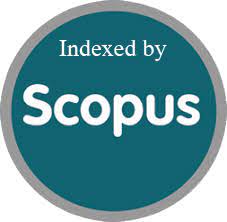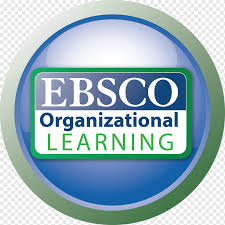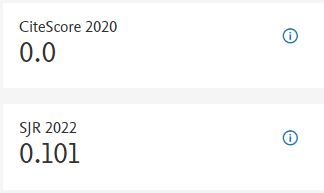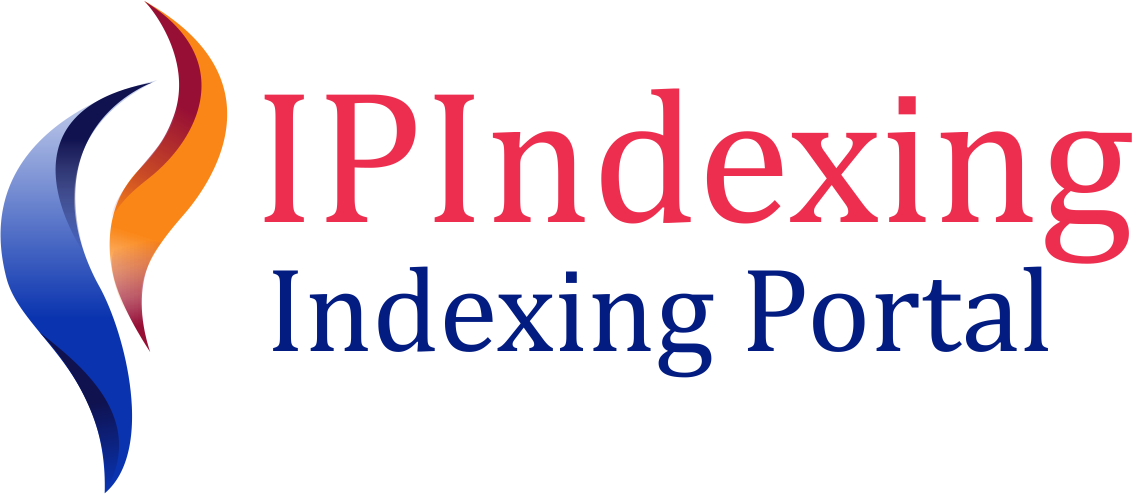EVALUATE EXISTING POLICIES REGARDING LANDFILL MANAGEMENT IN DELHI, HIGHLIGHTING THEIR EFFECTIVENESS, CHALLENGES, AND POTENTIAL IMPROVEMENTS
DOI:
https://doi.org/10.7492/f5dhwy21Keywords:
Population, Urban, Landfill, Policy, Municipal CorporationAbstract
India's most populous and urbanised metropolis is Delhi. Over the past ten years (1991–2001), the population has grown at an annual rate of 3.85%, over double the national average. A thorough waste management policy for the city of Delhi is now being finalised by the government of Delhi. A sustainable and scientific approach to waste management will be outlined in the policy. In order to carry out the policy's implementation, the government is also putting up a special waste management authority. A group of specialists employed by the authority will assist in developing and executing efficient waste management plans. The administration of Delhi is dedicated to maintaining the city's cleanliness and greenery. We want every citizen to help us turn Delhi into a waste management model city. During the Budget presentation, KailashGahlot, the Finance Minister for the Delhi government, set a lofty goal for emptying all three of the city's dumpsites. He declared on March 22, 2023, that the Okhla dumpsite would be cleansed by December 2023, Bhalswa by March 2024, and Ghazipur by December 2024. Ghazipur, Okhla, and Bhalswa are Delhi's three main disposal sites. Almost 28 million tonnes of legacy trash are being carried by the three dumpsites, which together occupy 200 acres. With six million tonnes of residual trash, the Okhla dumpsite spans approximately 62 acres. By the end of November 2022, authorities from the Municipal Corporation of Delhi (MCD) and media sources stated that approximately 1.5 million tonnes of waste had been processed and evacuated. Subsequently, a private firm was awarded a tender to handle the remaining 4.5 million tonnes of material. As of March 2023, around 700,000 tonnes of extra legacy garbage had been processed and disposed of, leaving about 3.8 million tonnes for the contractor to treat. The current condition of Delhi's municipal landfill management is examined and assessed in this study. The Delhi government's and the Municipal Corporation of Delhi's suggested policies and measures to enhance the current landfill management system are also summarised in the report. This study is focused on landfill management in Delhi, highlighting their effectiveness, challenges, and potential improvements.
References
Agarwal, R., Chaudhary, M., & Singh, J. (2015). Waste management initiatives in India for human well-being. European Scientific Journal.
Ahluwalia, I. J., & Patel, U. (2018). Solid waste management in India: An assessment of resource recovery and environmental impact (No. 356). Working paper.
Alam, P., Sharholy, M., Khan, A. H., Ahmad, K., Alomayri, T., Radwan, N., & Aziz, A. (2022). Energy generation and revenue potential from municipal solid waste using system dynamic approach. Chemosphere, 299, 134351.
Asnani, P. U., &Zurbrugg, C. (2007). Improving municipal solid waste management in India: A sourcebook for policymakers and practitioners. World Bank Publications.
Dixit, A., Singh, D., & Shukla, S. K. (2022). Changing scenario of municipal solid waste management in Kanpur city, India. Journal of Material Cycles and Waste Management, 24(5), 1648-1662.
Hoang, A. T., Varbanov, P. S., Nižetić, S., Sirohi, R., Pandey, A., Luque, R., & Ng, K. H. (2022). Perspective review on Municipal Solid Waste-to-energy route: Characteristics, management strategy, and role in circular economy. Journal of Cleaner Production, 359, 131897.
Khan, A. H., López-Maldonado, E. A., Khan, N. A., Villarreal-Gómez, L. J., Munshi, F. M., Alsabhan, A. H., &Perveen, K. (2022). Current solid waste management strategies and energy recovery in developing countries-State of art review. Chemosphere, 291, 133088.
Kumar, A., & Agrawal, A. (2020). Recent trends in solid waste management status, challenges, and potential for the future Indian cities–A review. Current Research in Environmental Sustainability, 2, 100011.
Kumar, S., Smith, S. R., Fowler, G., Velis, C., Kumar, S. J., Arya, S.,&Cheeseman, C. (2017). Challenges and opportunities associated with waste management in India. Royal Society open science, 4(3), 160764.
Meena, M. D., Dotaniya, M. L., Meena, B. L., Rai, P. K., Antil, R. S., Meena, H. S., ... &Meena, R. B. (2023). Municipal solid waste: Opportunities, challenges and management policies in India: A review. Waste Management Bulletin, 1(1), 4-18.

















